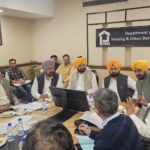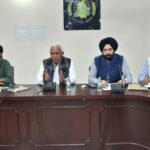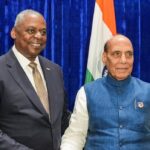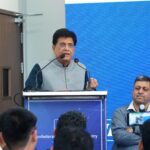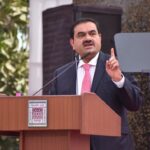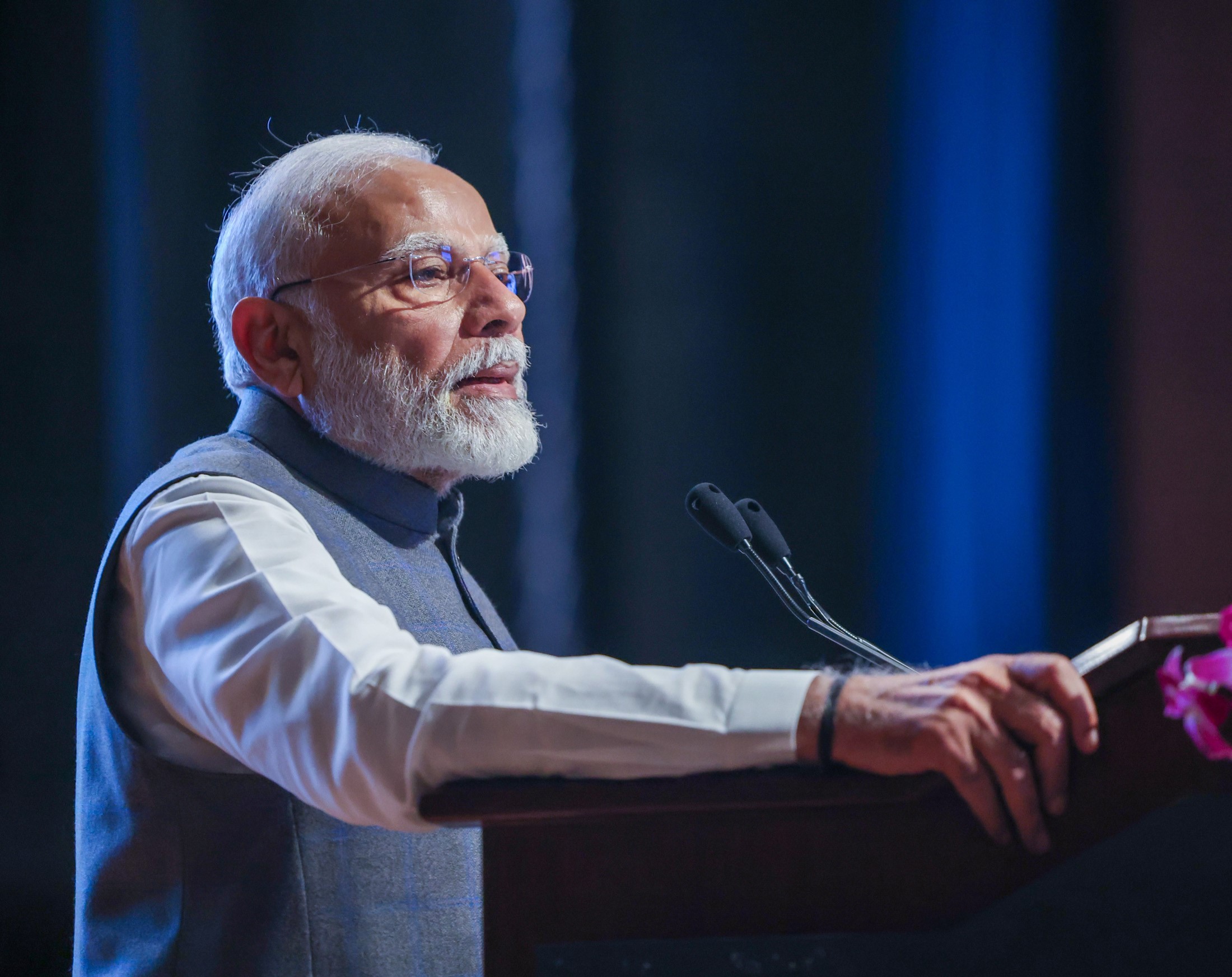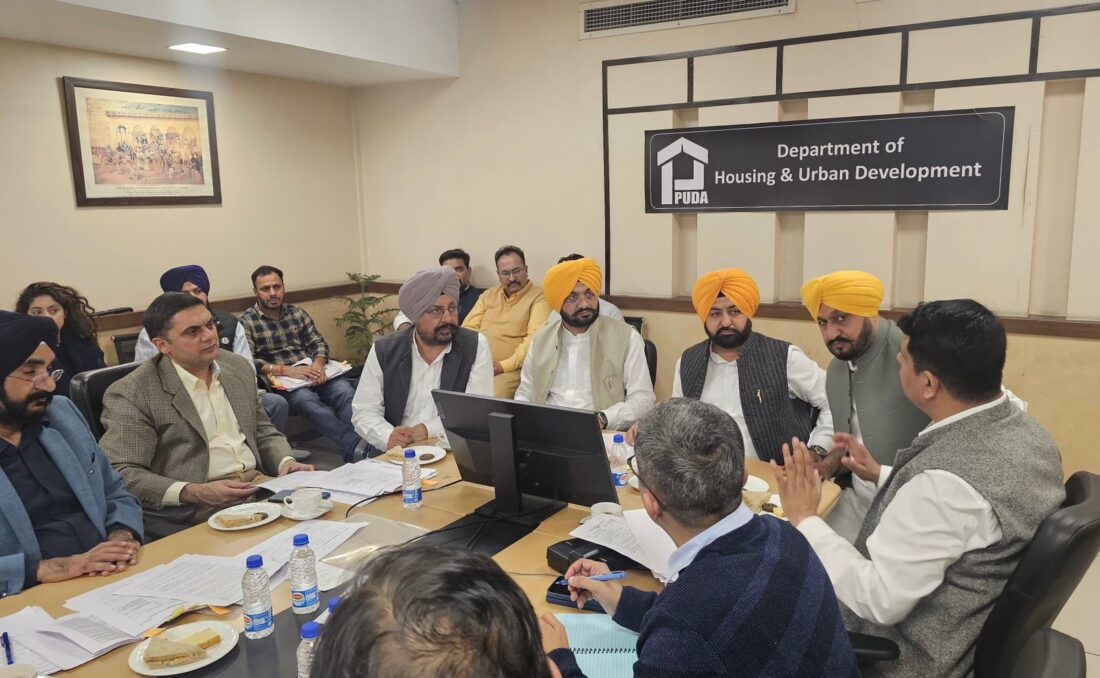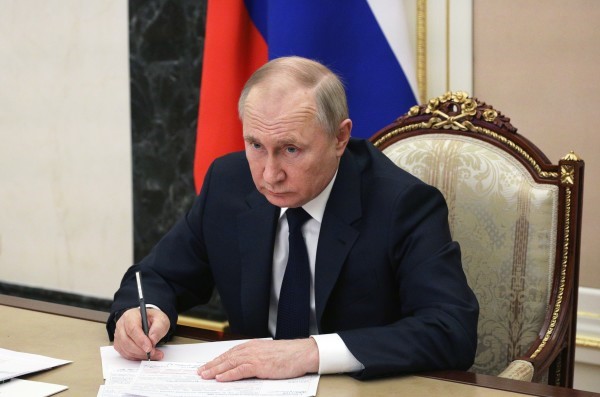North News
New Delhi, August 3
Recalling the last International Conference of Agricultural Economists that took place in India 65 years ago, Prime Minister, Narendra Modi, on Saturday said that India was a newly independent nation making it a challenging time for India’s food security and agriculture. “India is a food surplus country, the largest producer of milk, pulses and spices, and the second largest producer of food grain, fruits, vegetables, cotton, sugar, tea and farmed fish. He recalled the time when India’s food security was a matter of concern for the world while today,” the Prime Minister said. Highlighting that India is providing solutions to global food and nutrition security. Therefore, the Prime Minister said that India’s experience is valuable for discussions on food system transformation and is sure to benefit the global south, he added.
After inaugurating, the 32nd International Conference of Agricultural Economists (ICAE) at National Agricultural Science Centre (NASC) Complex in New Delhi, PM Modi reiterated India’s commitment to global welfare as a ‘Vishwa Bandhu’. He recalled India’s vision for global welfare and mentioned various mantras put forward by India on various fora including ‘One Earth, One Family and One Future’, ‘Mission LiFE’, and ‘One Earth One Health’.
Modi underlined India’s approach of not viewing the health of humans, plants and animals in silos. “Challenges before sustainable agriculture and food systems can only be tackled under the holistic approach of ‘One Earth, One Family and One Future,” he said.
“Agriculture is at the center of India’s economic policies”, the Prime Minister underlined as he mentioned that the 90 percent of small farmers of India who own little land make for the biggest strength of India’s food security. He pointed out that a similar situation is prevalent in several developing countries in Asia making India’s model applicable.
Giving the example of natural farming, the Prime Minister said that the positive results of promoting chemical-free natural farming on a large scale can be seen in the country. He also mentioned a big focus on sustainable and climate-resilient farming in this year’s budget as well as developing a complete ecosystem to support India’s farmers. Highlighting the government’s emphasis on research and development related to climate-resilient crops, the Prime Minister informed that nearly nineteen hundred new climate-resilient varieties have been handed to the farmers in the last 10 years. He gave examples of rice varieties in India that require 25 percent less water than traditional varieties and the emergence of black rice as a superfood. “Black rice from Manipur, Assam and Meghalaya is the preferred choice due to its medicinal value”, he said, adding that India is equally eager to share its related experiences with the world community.


